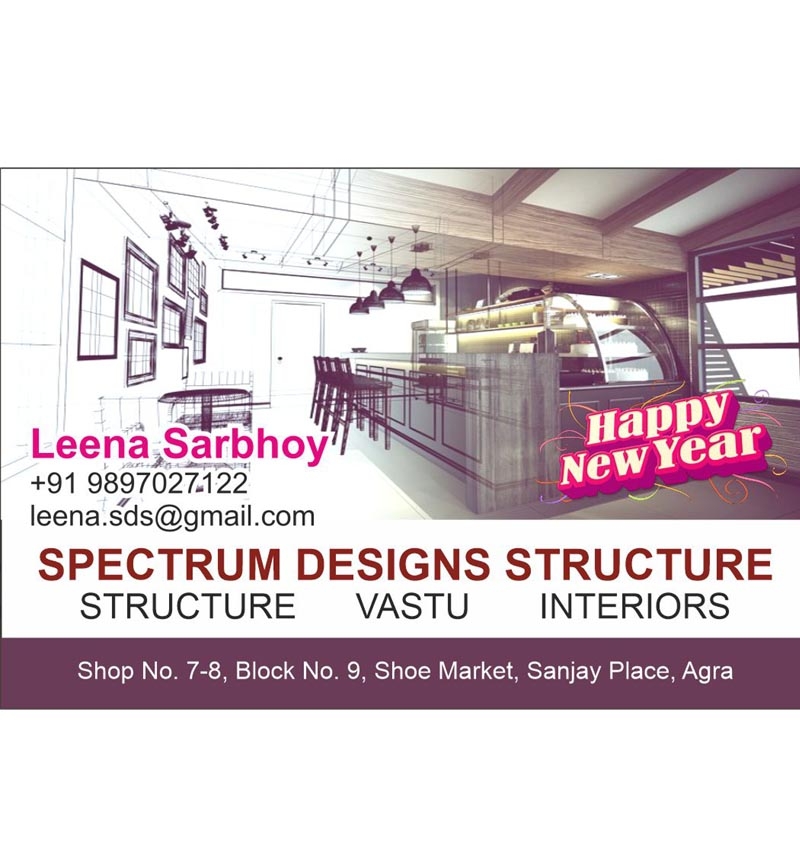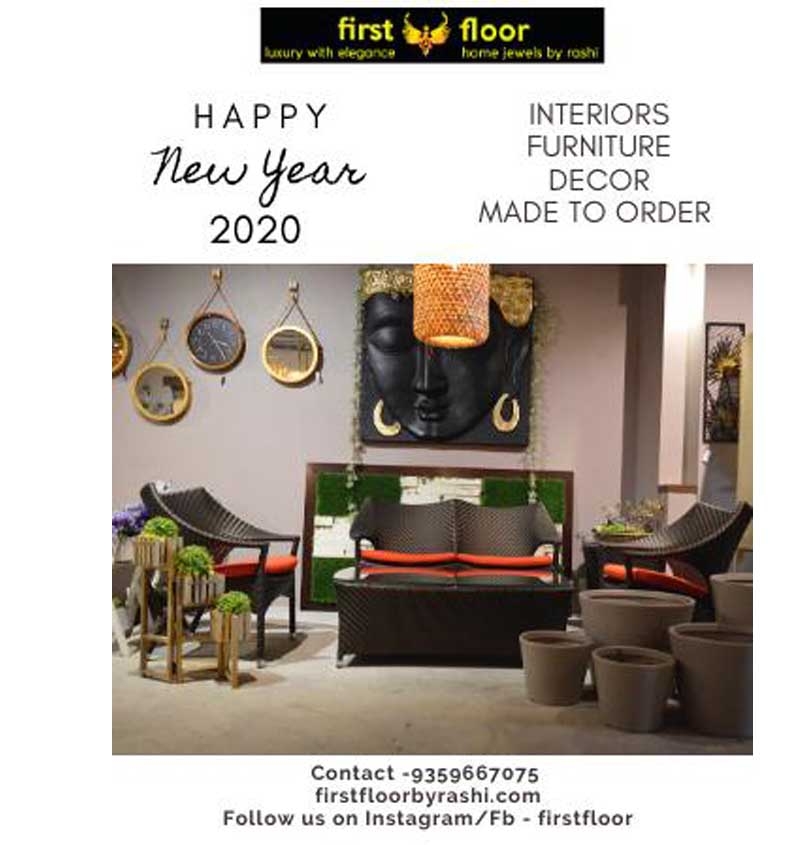As climate consciousness grows, interior design is undergoing a powerful transformation. Homeowners are no longer seeking only beauty and comfort—they want their spaces to be sustainable, responsible, and future-friendly. Sustainable interiors merge eco-conscious choices with modern aesthetics, proving that living green can also mean living beautifully.
1. Materials That Care
The foundation of sustainable interiors lies in material selection:
-
Reclaimed wood for furniture and flooring
-
Bamboo and cork as renewable, durable alternatives
-
Natural stone, clay, and terracotta for timeless finishes
-
Organic fabrics like linen, hemp, and cotton for soft furnishings
Each material choice lowers environmental impact while adding natural warmth.
2. Energy-Efficient Design
Sustainability is as much about performance as it is about materials:
-
Smart thermostats and appliances reduce energy use
-
LED and solar-powered lighting conserve electricity
-
Large windows and skylights minimize dependence on artificial light
-
Insulated walls and eco-glazing regulate indoor temperatures
A green home saves energy—and money.
3. Water Wisdom
Eco-conscious design also addresses water sustainability:
-
Low-flow faucets and showerheads
-
Rainwater harvesting systems
-
Greywater recycling for gardens
-
Drought-resistant indoor plants
Every drop saved counts toward a healthier planet.
4. Furniture with a Future
Instead of disposable decor, sustainable interiors favor:
-
Upcycled furniture with new life
-
Vintage pieces repurposed into modern settings
-
Modular, long-lasting designs that adapt over time
The motto is simple: buy less, choose well, make it last.
5. Indoor Greenery
Plants are more than decorative—they’re natural purifiers:
-
Snake plants, peace lilies, and areca palms clean the air
-
Kitchen herb gardens bring freshness and function
-
Living walls transform spaces into vibrant eco-systems
Green interiors nurture both the home and the soul.
6. Conscious Minimalism
Sustainable design often overlaps with minimalism:
-
Thoughtfully curated decor instead of excess
-
Multi-functional furniture that reduces clutter
-
Spaces designed for well-being rather than display
Sustainability thrives when less truly becomes more.
Final Thoughts
Sustainable interiors are more than a design trend—they’re a responsibility. By making eco-conscious choices in materials, energy, and lifestyle, we create homes that are beautiful, healthy, and kind to the planet.
Because the most stylish homes aren’t just built for today…
They’re designed with tomorrow in mind.



















Your Message